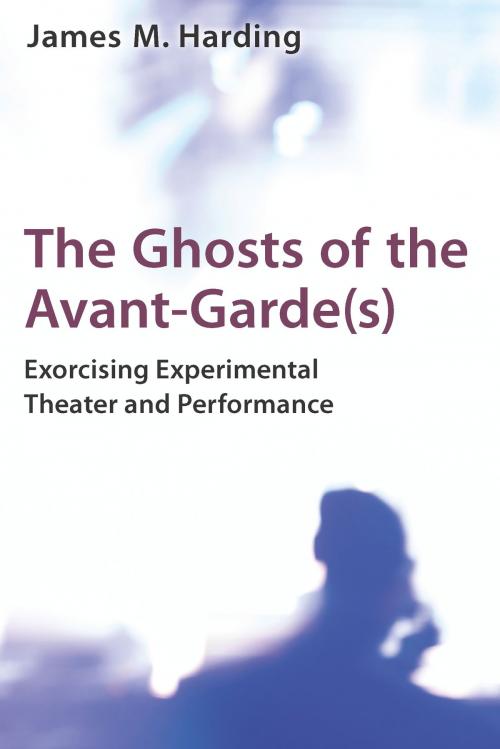The Ghosts of the Avant-Garde(s)
Exorcising Experimental Theater and Performance
Nonfiction, Entertainment, Performing Arts, Theatre, History & Criticism| Author: | James M. Harding | ISBN: | 9780472029082 |
| Publisher: | University of Michigan Press | Publication: | May 22, 2013 |
| Imprint: | University of Michigan Press | Language: | English |
| Author: | James M. Harding |
| ISBN: | 9780472029082 |
| Publisher: | University of Michigan Press |
| Publication: | May 22, 2013 |
| Imprint: | University of Michigan Press |
| Language: | English |
The Ghosts of the Avant-Garde(s) offers a strikingly new perspective on key controversies and debates within avant-garde studies, arguing for the importance of reopening pivotal controversies and debates in avant-garde studies and challenging pronouncements of the “death of the avant-garde” that tend to obscure the diversity and plurality of avant-garde gesture and expression.
James M. Harding revisits iconic sites of early 20th-century performance to examine how European avant-gardists attempted—unsuccessfully—to employ that discourse as a strategy for enforcing uniformity among a politically and culturally diverse group of artists. He then takes aim at historical and aesthetic categories that have promoted a restrictive history and theory of the avant-garde and narrow readings of avant-garde performance. Harding reveals the Eurocentric undercurrents that underlie these categories and urges a consideration of the global political dimensions of avant-garde gestures. His book will interest scholars of theater and performance, art history, and literary studies, as well as those interested in the relation of art to politics in various historical periods and cultures.
The Ghosts of the Avant-Garde(s) offers a strikingly new perspective on key controversies and debates within avant-garde studies, arguing for the importance of reopening pivotal controversies and debates in avant-garde studies and challenging pronouncements of the “death of the avant-garde” that tend to obscure the diversity and plurality of avant-garde gesture and expression.
James M. Harding revisits iconic sites of early 20th-century performance to examine how European avant-gardists attempted—unsuccessfully—to employ that discourse as a strategy for enforcing uniformity among a politically and culturally diverse group of artists. He then takes aim at historical and aesthetic categories that have promoted a restrictive history and theory of the avant-garde and narrow readings of avant-garde performance. Harding reveals the Eurocentric undercurrents that underlie these categories and urges a consideration of the global political dimensions of avant-garde gestures. His book will interest scholars of theater and performance, art history, and literary studies, as well as those interested in the relation of art to politics in various historical periods and cultures.















